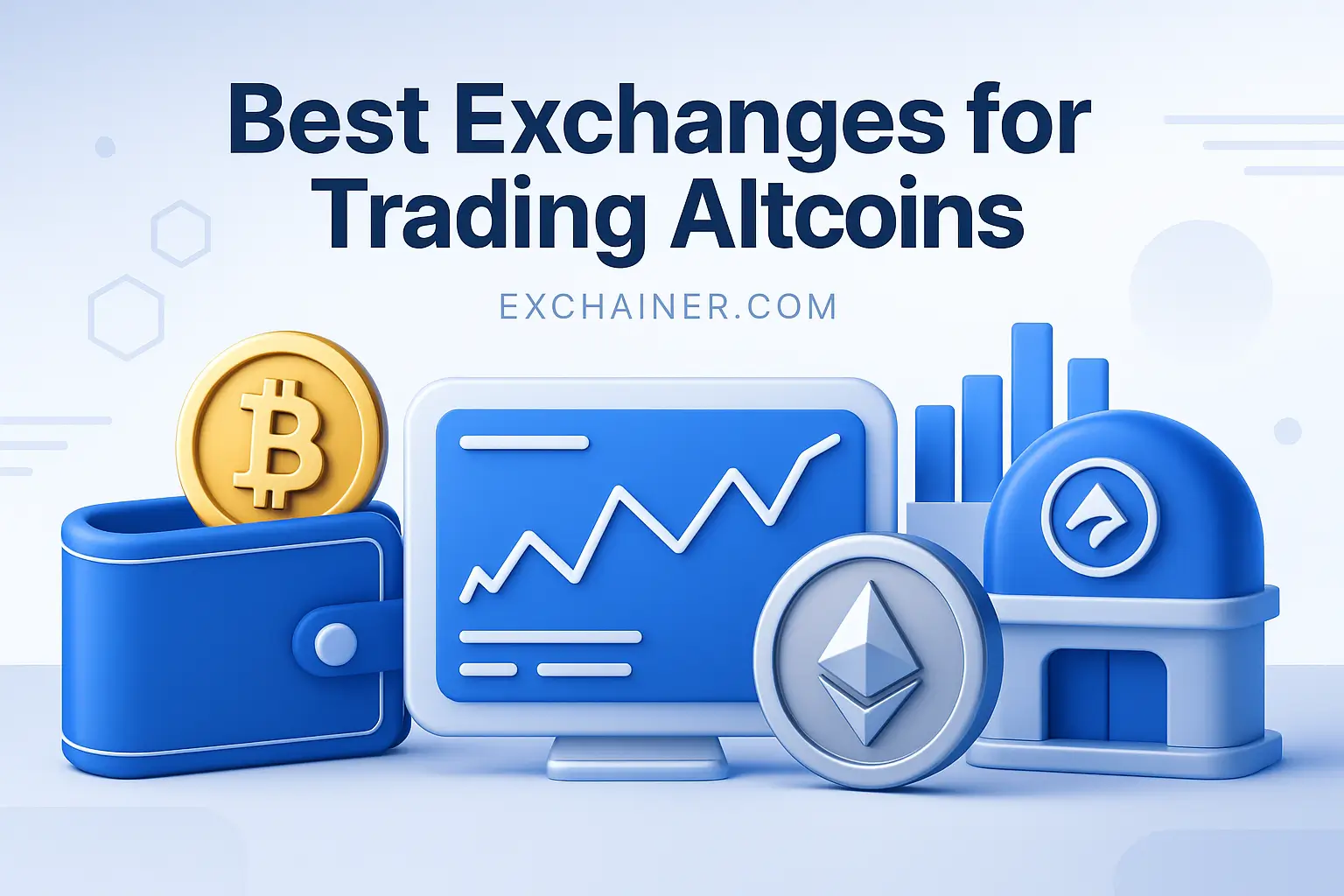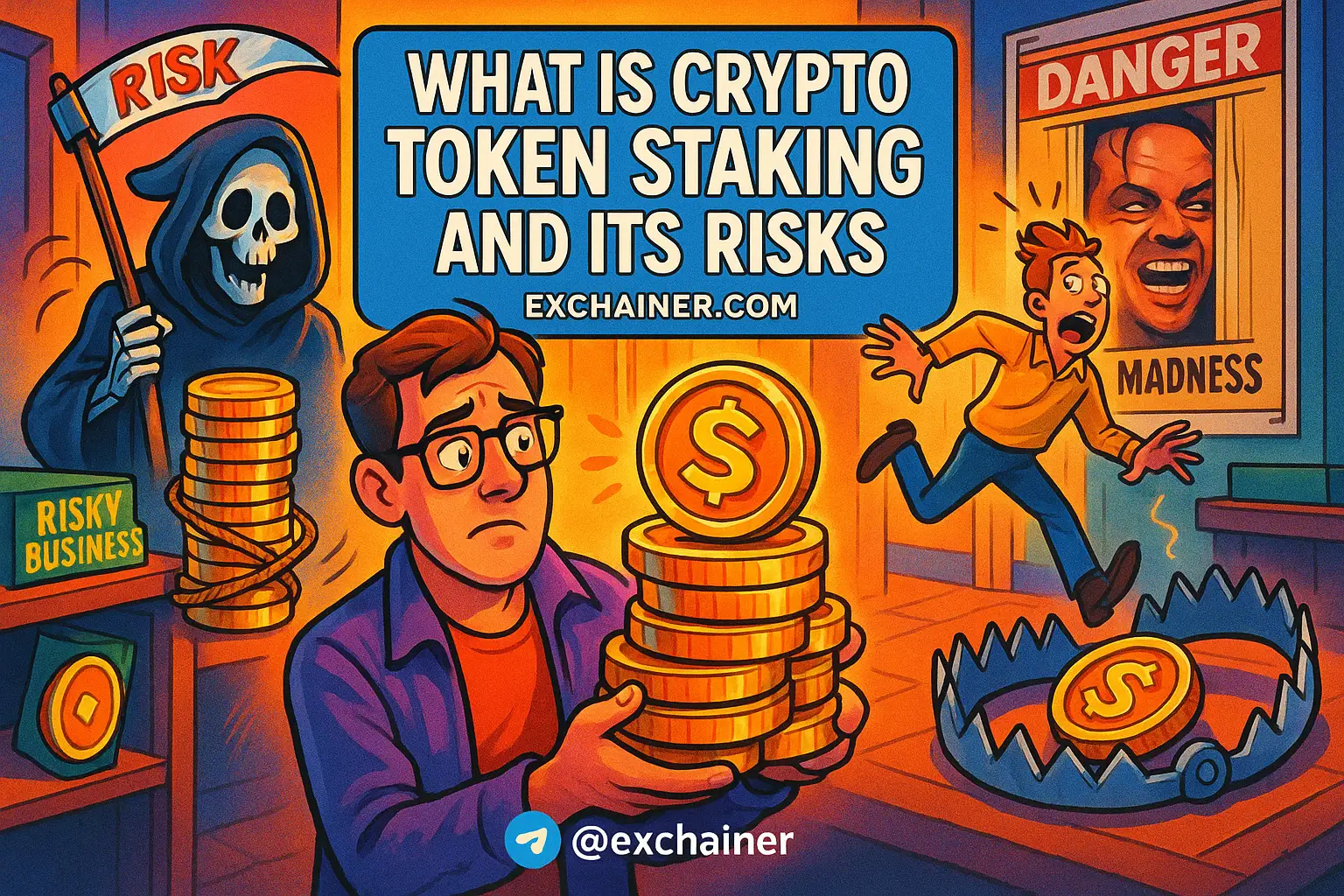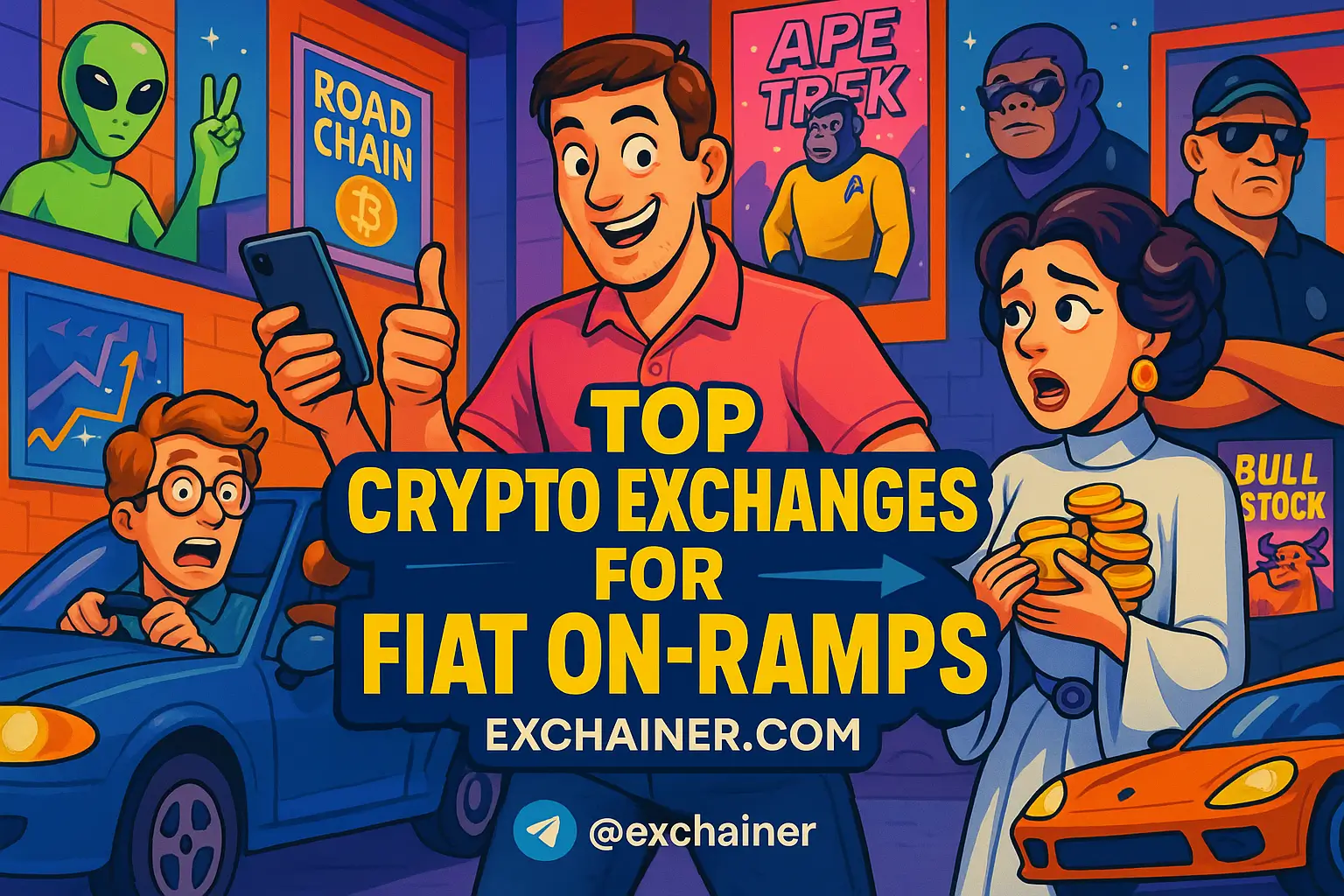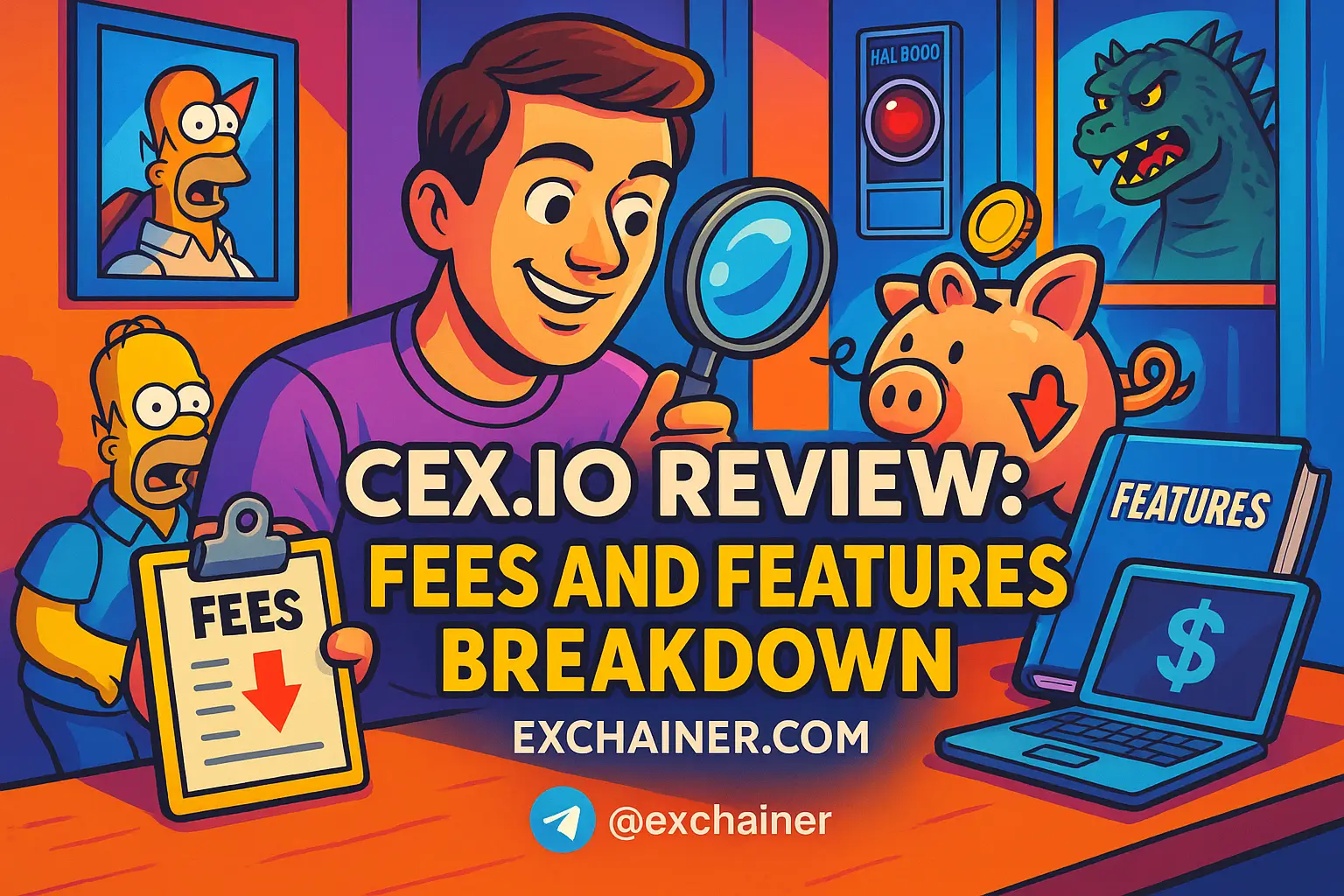Introduction
Imagine you just heard about a brand-new altcoin with massive potential—maybe it’s solving a unique problem or has a killer community backing it. You’re ready to dive in, but then the big question hits: where do you actually trade it? Picking from the myriad of altcoin trading exchanges can feel overwhelming. This is exactly why knowing the best exchanges for trading altcoins becomes a game-changer on your crypto journey.
The world of altcoin exchanges is diverse, ranging from sleek centralized platforms with tons of features to decentralized venues giving early access to tokens without middlemen. The right exchange for you depends on factors like fees, liquidity, security, the breadth of altcoins available, and your personal trading goals. Beginners might prioritize easy fiat on-ramps, while active traders focus on tight spreads and deep markets. Investors hunting for the next gem want platforms that list many new or smaller coins.
In this comprehensive guide, we’ll take you through a clear comparison of top centralized and decentralized options, break down important fees and liquidity considerations, and share practical tips on how to pick the best altcoin exchange tailored to your needs. Whether you’re buying your very first altcoin, aiming to trade actively, or seeking access to the latest token launches, this article has you covered.
Along the way, you’ll learn how to evaluate safety features, spot hidden costs, and balance between the convenience of big-name exchanges and the freedom of decentralized platforms. By the end, you’ll have a solid checklist and actionable advice to confidently choose an altcoin exchange that fits your style and goals.
Top centralized altcoin exchanges
Centralized exchanges (CEXs) are what most newcomers imagine when thinking about crypto trading. These platforms act as trusted middlemen — they hold your funds, match buyers and sellers, and offer user-friendly interfaces along with advanced trading tools. For altcoin trading, centralized venues shine due to their liquidity, fiat gateways, and smooth experience.
Best overall platforms
Among these, Binance stands out as a titan — launched in 2017, it offers thousands of trading pairs, massive liquidity, and advanced features like futures and staking. Binance suits high-volume traders looking to jump on a broad range of altcoins at speed.
Another heavyweight, Coinbase Pro, is prized for its security and regulatory compliance. While not as wide in altcoin variety as Binance, Coinbase Pro provides fiat on-ramps that beginners appreciate and a polished user experience.
Then there’s Kraken, known for top-notch security credentials and a growing altcoin roster, favored by traders who want a stable, reliable platform with a strong reputation. It’s friendly for users ready to dive a bit deeper but still appreciate simplicity.
These centralized exchanges combine vast liquidity pools and product ranges, making them the go-to for many altcoin traders.
Best for beginners
If you’re new to altcoin trading, you’ll want platforms that keep things simple, support fiat deposits (like USD, EUR), and offer clear guidance. Coinbase’s main platform is a fantastic starting point because it curates popular and vetted altcoins. Its KYC process is straightforward, which helps with regulatory compliance.
Platforms like Gemini and Crypto.com also provide beginner-friendly apps paired with secure wallets. They feature a carefully selected list of altcoins while maintaining easy navigation, making the on-ramp smooth for first-time buyers.
Pros and cons of CEXs for altcoins
Centralized exchanges offer an appealing mix of speed, liquidity, and convenient fiat pairings. Your trades execute near instantly thanks to deep order books, and you benefit from customer support if anything goes sideways.
On the flip side, CEXs keep custody of your crypto funds — which means you rely on their security. There’s always a risk of hacks or regulatory closures. Furthermore, many CEXs enforce KYC (know your customer) compliance, which some privacy-focused users find invasive.
Delistings are common too — some altcoins vanish suddenly if platforms deem them too risky. So while CEXs are great for convenience and scale, always consider their tradeoffs carefully.
Decentralized exchanges and AMMs
Decentralized exchanges (DEXs) have revolutionized altcoin trading by cutting out middlemen entirely. Instead of putting trust in a centralized entity, you trade directly from your own wallet through smart contracts. This setup opens doors to early access and a permissionless environment where anyone can list a token.
Popular DEXs and token standards
Popular DEXs like Uniswap and SushiSwap operate on the Ethereum blockchain, supporting ERC-20 tokens — a widely-adopted standard for altcoins. On Binance Smart Chain (BSC), counterparts like PancakeSwap handle BEP-20 tokens, offering faster and cheaper trades.
Solana hosts DEXs like Raydium using SPL tokens. These options illustrate how the underlying blockchain affects speed, cost, and token compatibility.
Trade-offs: liquidity, slippage, and impermanent loss
Unlike CEXs, many DEXs use automated market makers (AMMs) — liquidity pools funded by users instead of order books. While AMMs enable instant swaps, they come with quirks. If liquidity is low, you may face slippage, meaning the price you get differs from your expected amount.
Also, liquidity providers risk impermanent loss when prices diverge between paired tokens — a factor to understand if you plan to participate in pools.
Safety and rug-pull mitigation
DEXs face issues like “rug pulls,” where developers drain liquidity pools and abandon projects, leaving investors with worthless tokens. To stay safe: verify smart contract addresses from official sources, use token scanners (e.g., RugDoc), and watch for liquidity lock-up announcements.
Start small with test trades and use limit orders where possible to avoid slippage surprises. DEXs provide freedom but require more diligence.
Low-fee and high-liquidity exchanges
Trading costs and liquidity can make or break your altcoin experience, especially if you dabble frequently or deal with substantial volumes.
Exchanges with the best fee structures
Many top altcoin exchanges follow a maker-taker fee model — makers who add liquidity get discounts, while takers pay slightly more. Some platforms offer token-based fee cuts; for instance, Binance discounts fees if you pay with BNB coin.
Look beyond trading fees too. Deposits might be free, but withdrawal fees vary widely. Smaller altcoin withdrawals can be costly, so factor those expenses in.
High-liquidity venues for tight spreads
Binance, Kraken, and Huobi consistently score high for liquidity across popular altcoins, resulting in tight spreads, meaning the difference between buy and sell price is minimal.
For derivatives traders, platforms like Bybit and Bitget offer robust altcoin futures markets with deep order books.
How to calculate true trading cost
A trade’s true cost is the sum of fees plus spread plus slippage. For example, if you buy an altcoin for $100 with a 0.1% fee, a 0.05% spread, and experience 0.5% slippage, your effective cost is close to $100.65.
Use fee calculators often available on exchange sites and monitor live order books to estimate these components. This helps you pick the most cost-effective venue for your trading style.
Exchanges with the widest altcoin selection
Access matters. Having a broad choice allows you to capitalize on new projects, diversify your portfolio, or simply experiment with altcoins beyond the mainstream.
Platforms known for new listings and niche tokens
Binance and KuCoin frequently list promising new altcoins, some through launchpads or initial exchange offerings (IEOs). Kraken also keeps expanding its roster steadily.
Other platforms like Gate.io and WhiteBIT specialize in listing hundreds of smaller-cap tokens, giving traders exposure to gems before they hit the big leagues.
Listing standards vs. quantity
More isn’t always better. Some exchanges prioritize quantity and accept almost any project, increasing risk of scams or pump-and-dump schemes. Others have rigorous vetting to protect users but don’t list as many coins.
Look for transparent listing criteria and beware exchanges that list suspicious projects unchecked.
How to find and evaluate small-cap altcoins on exchanges
Before buying small-cap altcoins, check:
-
Market cap and daily volume (liquidity)
-
Developer activity on platforms like GitHub
-
Tokenomics (supply, distribution)
-
Community engagement and social media
-
Delisting history on the exchange
Cross-referencing this info keeps you smarter and safer in altcoin markets.
Conclusion
Navigating the best exchanges for trading altcoins can feel like a maze, but with the right info, you’ll pick smartly. For beginners, fiat-friendly centralized exchanges such as Coinbase Pro offer a gentle start with curated altcoins and easy onboarding. Active traders should weigh platforms like Binance or Kraken that shine with high liquidity and low fees for efficient market entry and exit.
If you’re hungry for the newest, riskiest altcoins, decentralized exchanges and niche listing-heavy platforms open doors not found elsewhere—though they require vigilance and savvy to dodge scams. Always calculate true costs carefully by factoring in fees, spreads, and slippage, especially when dealing with low-volume tokens.
Before diving in, use our practical checklist: confirm strong security features like two-factor authentication and withdrawal whitelists, analyze fee structures, weigh liquidity depth, and consider test trades to gauge platform performance firsthand.
For example, if your goal is “I want to buy small-cap altcoins early,” a trusted decentralized exchange or a listing-heavy site is your best bet. But if you’re a high-frequency trader, a low-fee, high-liquidity centralized exchange is the better playground.
Remember, regulations around crypto trading are evolving fast. Stay updated, compare exchanges side-by-side, and don’t hesitate to explore detailed exchange reviews to make informed decisions.
Ready to take your next step? Explore beginner-friendly guides, tools, and wallet recommendations on Exchainer to keep leveling up your crypto skills.
Start your altcoin adventure wisely—know your exchanges inside and out, and watch your crypto journey take flight!
Explore more educational resources on Exchainer.com:
Crypto 101 |
Exchange Reviews |
Tools and Wallets
External sources for further reading:
CoinMarketCap Altcoin Rankings — https://coinmarketcap.com/altcoins/
Uniswap Official Site — https://uniswap.org/






